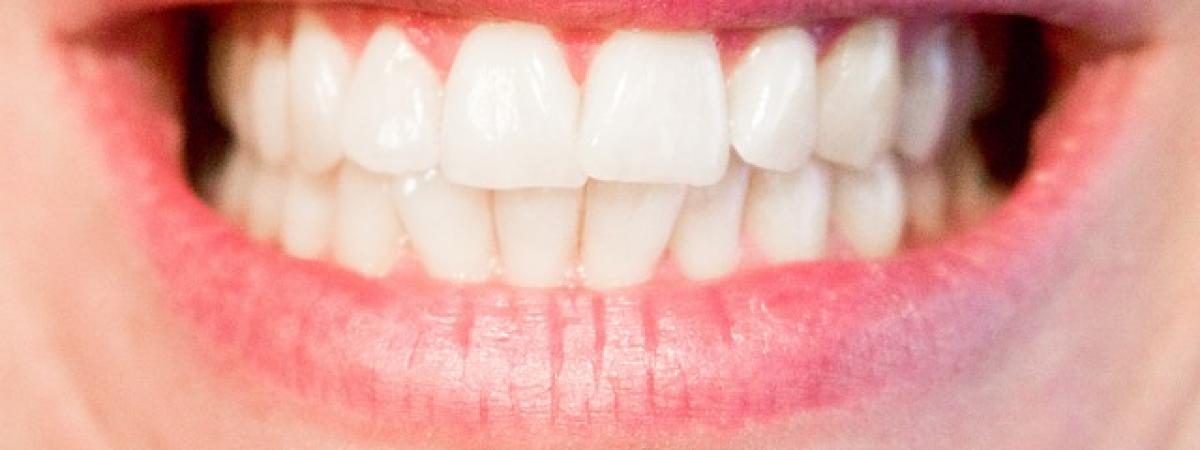Can brushing your teeth help you to live longer?
published in Reader's Digest,
26 April 2017

According to the Oral Health Foundation, “the number of teeth we have is a reliable indicator for how long we are going to live”. Really?
Bad teeth, bad body?
Hippocrates (400 BC) reported cure of arthritis by tooth extraction; in the early 19th century, the mouth-body connection was taken to an extreme and patients sometimes had entire sets of teeth removed in a vain hope to ‘cure’ everything from allergy and blindness to schizophrenia.
I’ve worked as a nurse in neurosurgery and cardiac surgery. In both wards, I’ve witnessed skilled surgeons peering into patients’ mouths and teeth being extracted before the operation.
It’s well known that bodily disorders and disease can affect your teeth and gums (HIV, Crohns, blood disorders, osteoporosis and anorexia can all leave their mark), but is the reverse also true: can your teeth make you ill?
Can your teeth make you ill?
Risks from rotten teeth
Having lost two teeth to infection, a 19 year old boy is described in the medical literature with headaches, greenish foul discharge from the right nostril and fever. Weeks later he developed seizures and died. Doctors think that bacteria from the mouth had entered the boy’s brain.
In a Brazilian study, patients undergoing heart surgery were more likely to develop pneumonia after the operation if they had dental plaque. It’s thought that insertion of the breathing tube during anaesthesia for heart surgery may push bacteria from the mouth into the lungs, causing pneumonia: bacteria can also infect the heart, causing endocarditis.
Reassuringly, regular teeth cleaning and use of antibacterial mouthwash before the operation was protective against pneumonia: pulling problem teeth before surgery may be protective, though it’s controversial.
Inflammation as well as infection
When teeth bacteria invade your body, they can trigger inflammation as well as infection.
When teeth bacteria invade your body, they can trigger inflammation as well as infection.
A recent study of more than 57,000 women showed that those with no teeth were more likely to die from heart disease: it’s possible that the same bacteria that inflame your gums inflame your arteries.
It’s also been shown that women with severe mouth infections were 7.5 times more likely to give birth to a preterm infant with low birth weight: perhaps due to inflammation of the placenta.
Professor Raul Garcia of Boston University says that the teeth-body health connection is a “new and exciting area of research that has far-reaching clinical and public health implications”. Proving that bad teeth actually cause disease may, however, be difficult since bad teeth also result from smoking and a poor diet – both risk factors for heart and lung disease.
Either way, the Oral Health Foundation conclude that “what’s going on inside our mouth can be a very useful indicator for the state of our overall health”.
Looking after your teeth
In her famous poem, Pam Ayres rues her careless attitude to teeth cleaning,
“Oh I showed them the toothpaste all right.
I flashed it about late at night,
But up-and-down-brushin’
And pokin’ and fussin’
Didn’t seem worth the time – I could bite!”
“If I’d known I was paving the way
To cavities, caps and decay,
The murder of fillin’s,
Injections and drillin’s, I’d have thrown all me sherbet away.”
Since your general health and not just your tooth enamel could be at stake, use these tips to take care of your teeth.
